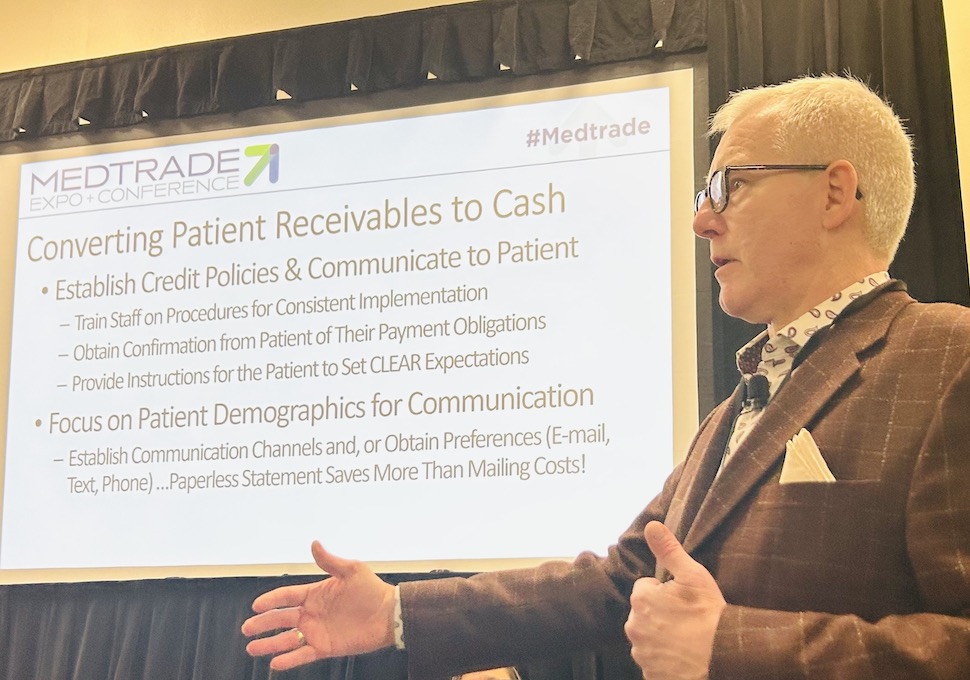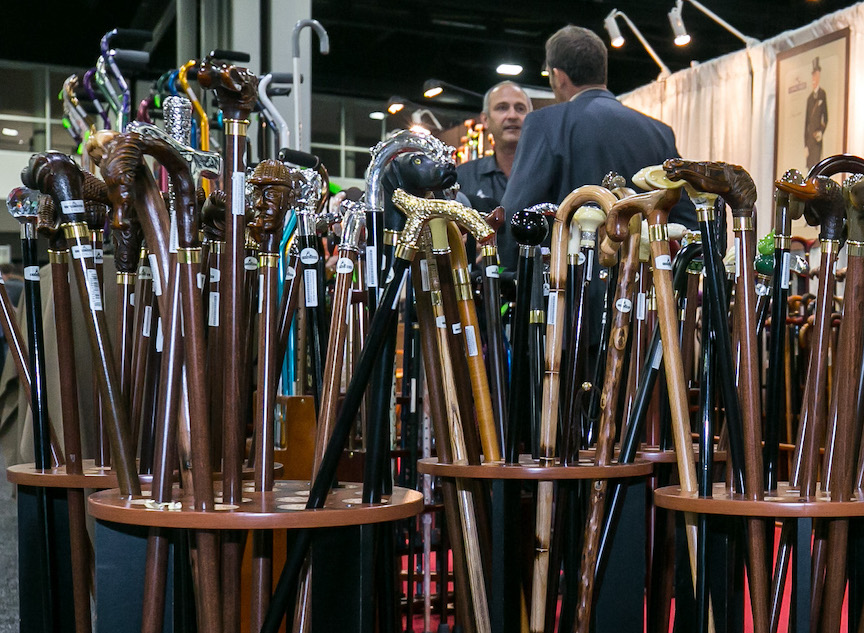OVERLAND PARK, KS – About a decade ago it seemed HME retail was on the rise, but it never really took off as much as many were predicting. With competitive bidding again lurking on the horizon, is it time to boost cash sales?
Medtrade Monday sat down with Bruce Gehring, senior vice president, Business Development, Allegiance Group, Overland Park, Kansas, to learn about what went wrong over the past 10 years, as well as what can help in the future.
 Medtrade Monday: Do you agree that HME retail did not expand as much as we had thought?
Medtrade Monday: Do you agree that HME retail did not expand as much as we had thought?
Gehring: I’ll go back to the 2012 Medtrade Monday article. You were saying that because of Medicare and Medicaid reliance, we’d like to see 10% to 20% of the business being retail—and that makes all the sense in the world. I agree that it has not happened.
Medtrade Monday: Why do you think that is?
Gehring: The biggest barrier is that we are caregivers. We want to make sure that we have taken care of customers / patients. Few of us have really taken a step back to really understand what’s needed for a successful retail strategy—because retail is completely different then just providing products for a prescribed therapy or condition. It is much easier to fill orders than it is to cultivate the mindset of a retail operation.
Medtrade Monday: What’s made the past decade so difficult?
Gehring: Look at the Internet during that timeframe. People are getting CGMs [continuous glucose monitors] online. They’re getting incontinence products online. They don’t have to physically go to a brick and mortar store. So how does that brick and mortar store become the hub for somebody who needs medical products or services that are going to help them stay healthy?
Medtrade Monday: What’s the first step in developing that retail mindset?
Gehring: Retailers must look at their patient demographic and determine who they are serving. What’s the right product mix? How do you anticipate what patients may need? We have not really taken advantage of the opportunity, and there is an opportunity there.
I’m optimistic because I’m a boomer and we’re still retiring at about 11,000 people a day. You’re talking about millions of people who are in this age category who need special assistive devices. We need to communicate what we have to offer, but we also must communicate to the children of boomers, because they’re going to end up helping mom and dad stay healthy in their home. They need to be educated—caregivers must be educated as well.
They’re online looking at new devices that can help their parents and loved ones. Become experts in those conditions. Understand what products are not being covered by Medicare and Medicaid that could help fill that need from a retail perspective. Train your people to be better sales people. People such as Ty Bello are available at Medtrade and they are training HME providers.
 Medtrade Monday: What strategies do providers need?
Medtrade Monday: What strategies do providers need?
Gehring: In fast food, they would ask; Do you want fries with that burger? It’s analogous to retail in that you need to understand and anticipate what customers might need to make their life easier, in addition to what is being provided to them as a necessity.
Those extra accessories are going to boost margins and boost retail sales. What is going to make that person more comfortable, more mobile? Determine what will improve their quality of life, then look for those gaps and fill them. Probably our biggest downfall is that we just have not spent the necessary time to develop sales acumen for staff members. If we can do that, we’ll find that the margin on retail is substantially better than relying on reimbursement for Medicaid or Medicare.
Medtrade Monday: Do today’s seniors still like to go to a physical store, as opposed to online?
Gehring: Many of today’s seniors still like to touch and feel the product prior to buying. Buying something online may not be exactly what you thought it was going to be. Yes, it’s convenient but not if you have to return it. HME providers should be subject matter experts and able to assist patients, in person, and help them make better decisions. Put yourself in their shoes. This may be the first time they’re having to deal with these issues. You’ve seen all kinds of examples of the same condition, and you can anticipate what they might need in addition to what’s being prescribed.
Medtrade Monday: How willing are seniors to pay in cash?
Gehring: People are willing to pay for products of higher quality. As owners of companies we kind of get tied up in the nickels and dimes. If you have good products supported by good service, you will be more profitable in the long run. I’m not going to go to the cheapest doctor to figure out that I have a heart problem. I want to go to the best doctor possible for my heart surgery. When we talk about health, we need to think more qualitatively. We are selling solutions and ways to live better lives.

